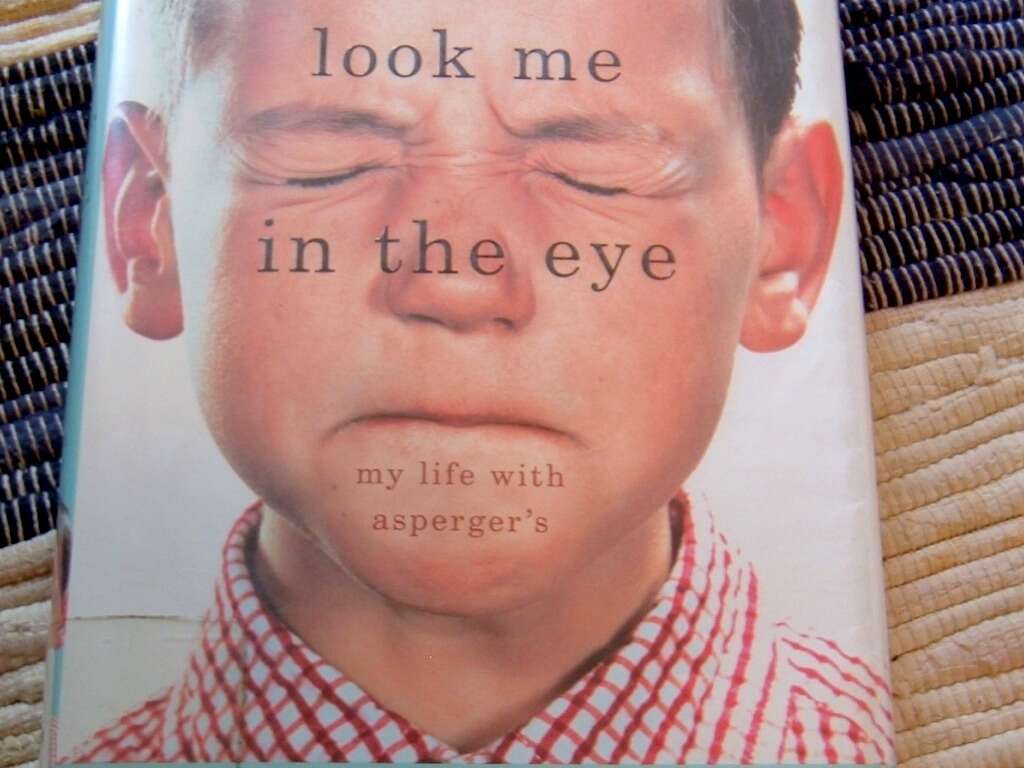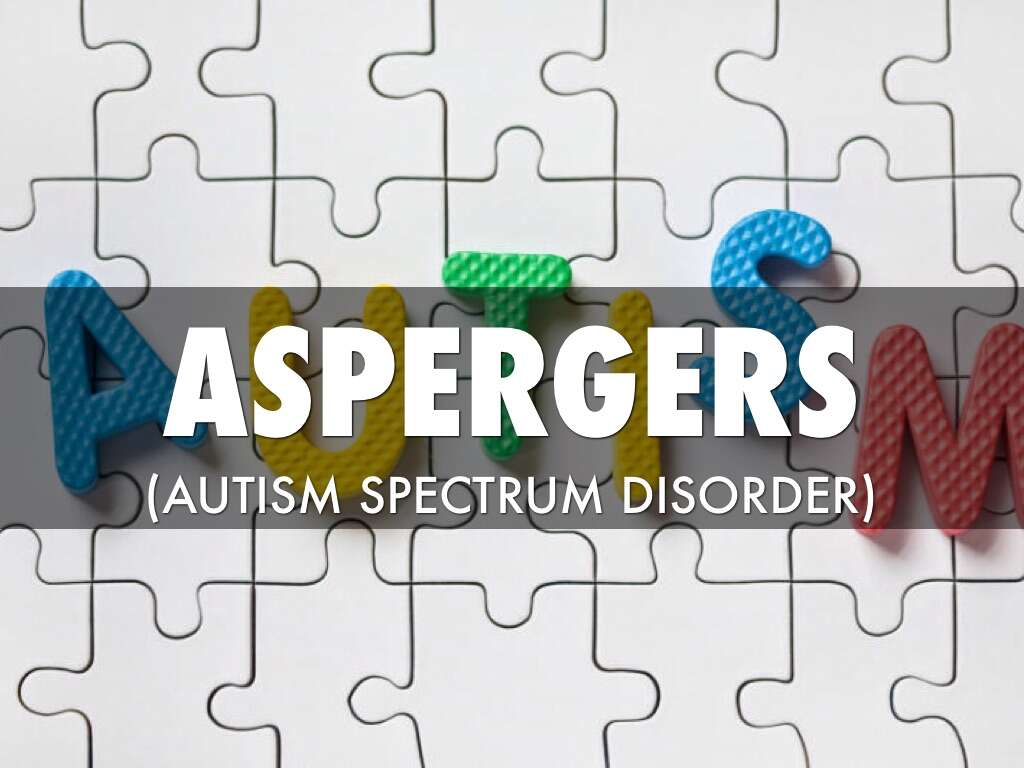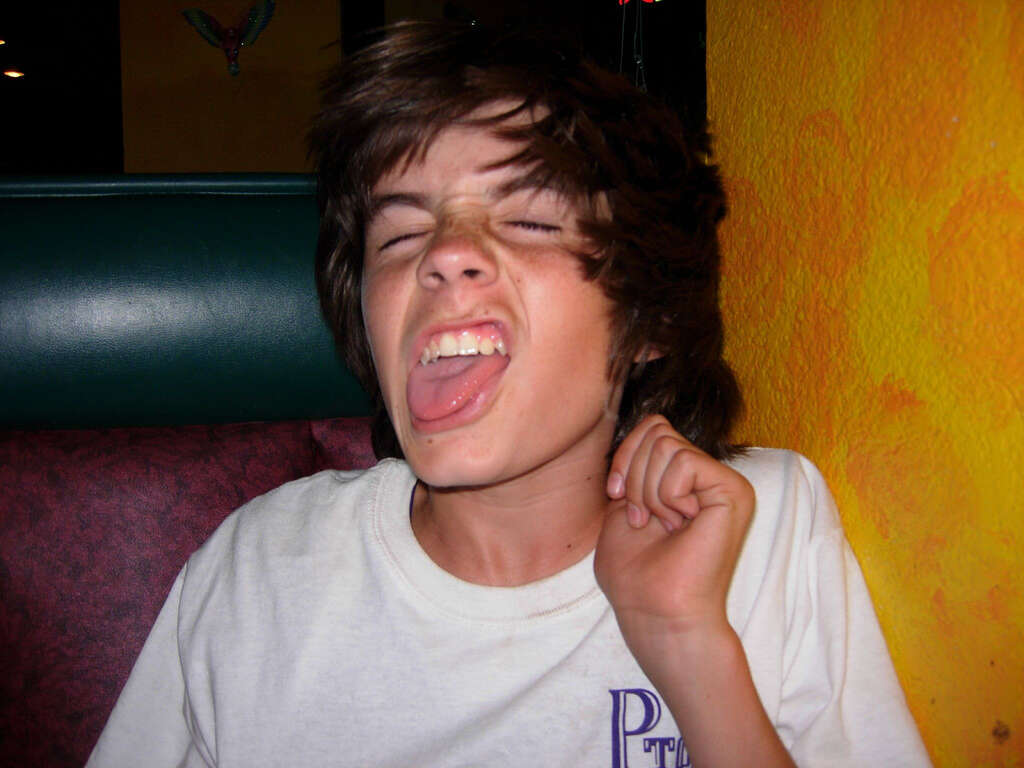10 Asperger's Symptoms
Asperger syndrome or simply known as Asperger’s, it is a developmental disorder that used to be a separate condition. However, as of the year 2013, Asperger’s is now no longer a condition on its own but instead, is part of a group known as Autism Spectrum Disorder (ASD). Even so, there are still many who uses the term Asperger’s. It is known as a “high functioning” type of ASD which means that the symptoms in Asperger’s is less severe compared to other types of disorders in ASD that may have extreme mental disabilities. No brain abnormalities have been observed among those with Asperger’s compared to other forms of autism.
Experts believe that there is a genetic cause as family members tend to have the same disorder. While there are many theories on how Asperger’s develop, there is no conclusive theory that has been proven so far. One of the main differences in Asperger’s compared to other autism disorders, those afflicted with Asperger’s do not have a delay in communication and language. Diagnosis includes an assessment, developmental history, and observation.

Symptom #1: Underdeveloped Social Skills
Individuals with Asperger’s syndrome often have difficulty in social interaction. They have trouble making friends and maintaining relationships with friends. For this reason, they find that they are much more comfortable with those who are either much younger or much older than themselves as they do not know how to act or communicate with peers their age. It can be hard for them to participate in group activities as well.
Even among friends, they may sometimes behave in a socially unacceptable manner. In social situations or events, it can be extremely challenging for them to engage in conversation with new and unknown people. Individuals with Asperger’s may feel distressed as they do want to be connected to their peers. However, some may not have any desire to have friends and prefer to be left alone.

Symptom #2: Selective Mutism
In children with Asperger’s, selective mutism may be present. It refers to situations where the individual feel that they are able to speak freely with those that they feel comfortable with but may not speak at all or very little to those they do not feel at ease with. In extreme cases, selective mutism can last for years. They will be able to speak when they are in an environment that they feel comfortable and relaxed in.
Family members do not usually notice this as the individual is usually comfortable talking to them. It is seen most commonly at school and public places where the individual refuses to speak to anyone since they were young. Selective mutism may resolve on its own, but children can benefit from therapy. Many with elected mutism also have social anxiety or social phobia.

Symptom #3: Inability to Empathize
Individuals with Asperger’s can often seem as if they are insensitive or uncaring towards others as they have issues providing socially acceptable responses when they interact with others. They may seem emotionally inaccessible and their speech is unable to convey what they truly mean. There is also the inability to empathize with others. In children, those with Asperger’s can sometimes play too roughly or say hurtful things that causes the other children to cry or avoid them.
When confronted, the child may justify what they have done or said but is unable to understand why it was socially unacceptable. With age, the individual with Asperger’s will have learnt the acceptable social response when it comes to interaction. Although they may say and do all the “right things”, they may not always understand the reason behind it.

Symptom #4: Difficulty with Eye Contact
Individuals with Asperger’s often find that it is difficult to initiate and maintain eye contact with the person that they are talking to. Some think that this is due to the lack of confidence. Many with this issue describe that making eye contact can be extremely difficult for them and can be unbearable.
Some experts also believe that individuals with Asperger’s have issues with eye contact as they do not realize the role and importance of eye contact for social communication. This leads them to force eye contact which can become unnatural and inappropriate causing others to feel uncomfortable.

Symptom #5: Restricted Interests
Individuals with Asperger’s can have narrowed or restricted interests that are focused. It can be interests such as model building, drawing, video games, or more. The interests that they are so focused on provide a sense of security and comfort for them. When they are forced to leave their activities, they can become extremely distressed.
These interests are important for their emotional and mental support. They can also become obsessive in pursuing their interests and become extremely knowledgeable in their field of interest. The field of interest can often seem bizarre to others. Some of these bizarre obsessions include weather reports, sports scores, and more.

Symptom #6: Routine
Those with Asperger’s can be a stickler for routine. Changes in schedules and routines can be emotionally distressing for them. New situations are often frightening. To help with the anxiety they face, having a routine helps them to manage their daily routines and feel at ease.
They can also have a preoccupation with certain rituals and patterns of living. For example, they may even have a sequence of actions as in what to eat first, which clothes they should first put on, etcetera.

Symptom #7: Literary Language
Individuals with Asperger’s may have weaknesses in areas that uses nonliteral language such as humor, teasing, irony, and sarcasm. They have difficulty interpreting what others are saying and often take what the other person says as truth.
While many believe that people with Asperger’s do not understand humor, some of them can be the funniest people you meet. Once they have been enlightened regarding the true meaning of what was said, they can understand much more and learn from their faults of literal interpretations.

Symptom #8: Pattern Recognition
One of the advantages of Asperger’s syndrome is the ability of some individuals to recognize patterns. This may be seen in childhood where they may be struggling in school but in subjects such as math and art, they naturally are able to do well in it. It can be seen as a natural affinity for puzzles and crosswords such as cryptograms and more.
One study has even found that individuals with Asperger’s are able to solve pattern recognition questions up to 40% faster.

Symptom #9: Poor Motor Skills
In some individuals who are afflicted with Asperger’s syndrome, they may find that it is difficult for them to coordinate their gross and fine motor skills. There may be poor handwriting due to poor hand and eye coordination. They may look funny when they walk, have jerky movements, clumsy, and awkward. These individuals may trip and drop things quite frequently.
All these issues are often mistaken by others to be inefficiency or carelessness. While it may not always mean that the person has Asperger’s, if you have a child who is experiencing all these symptoms, you should seek professional advice.

Symptom #10: Unusual Communication and Speech
While individuals with Asperger’s do not have any delay in acquiring language and speech, there can be abnormalities in their style of communication and speech. For example, there can be abrupt transitions, miscomprehension, literal interpretations, oddities in pitch, volume, intonation, and rhythm of their speech. There can also be echolalia which means that there is repetition of vocalizations. Their speech can be flat, unusually fast, jerky, or loud.
The conversational style may seem like a monologue and unable to provide context. Their point or conclusion may never be made, and they often fail to detect that others are uninterested in the conversation. Attempts by the listener to change the subject or ask for elaboration are often undetected and therefore, unsuccessful.












